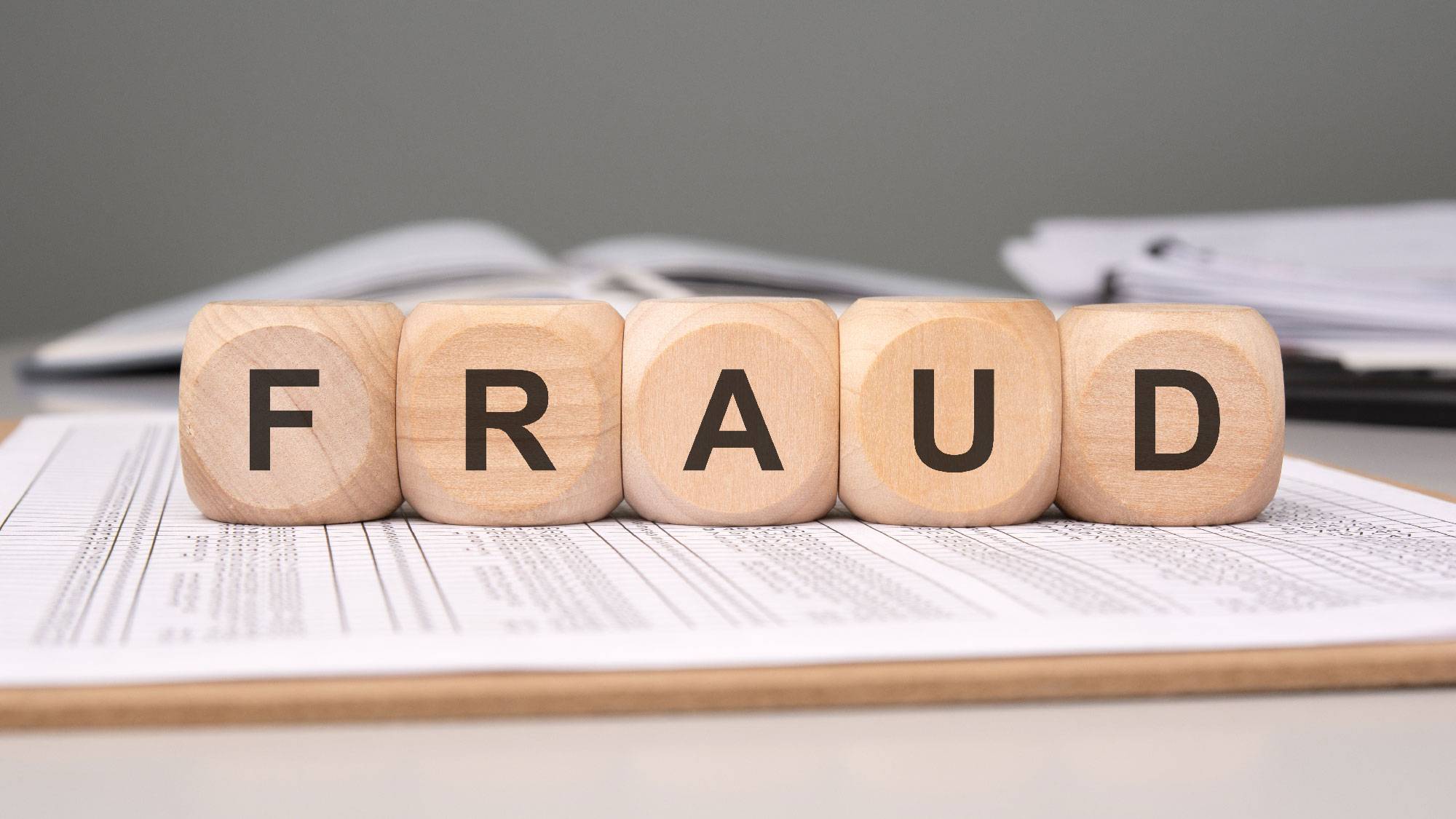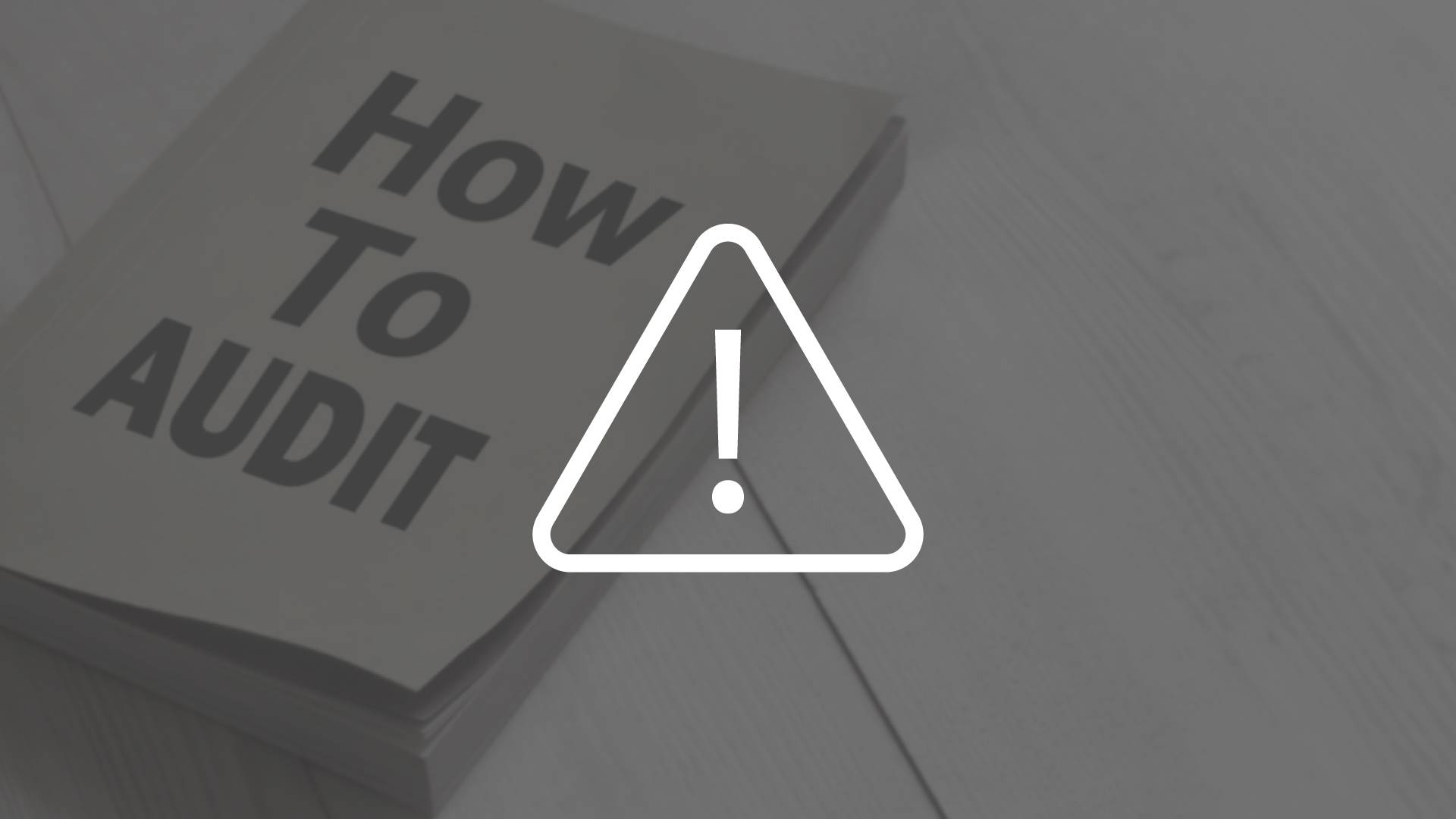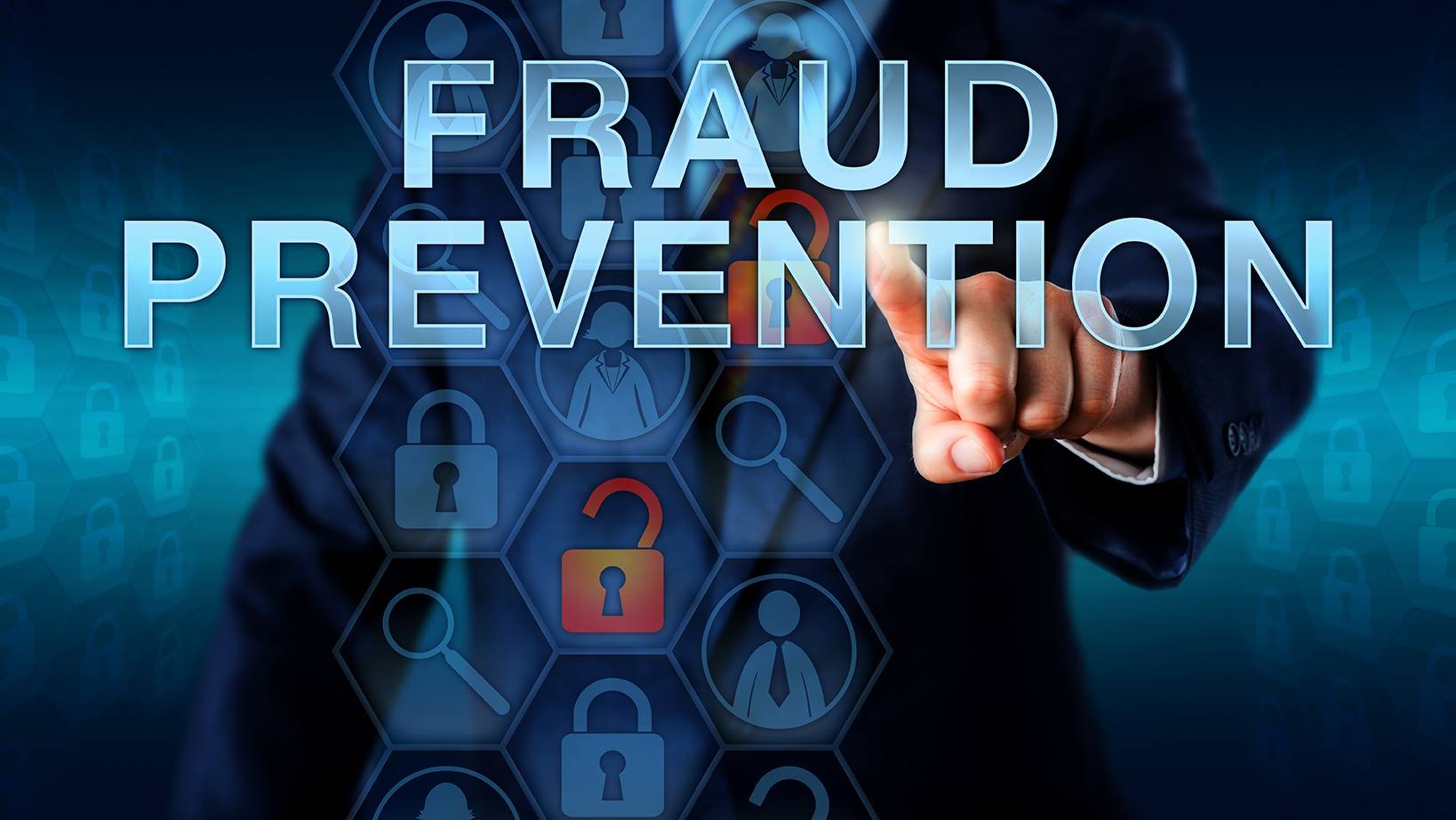Self-Study
Audit Fraud Detection: Red Flags and Risk Areas in Financial Reporting
See the red flags in revenue recognition, internal controls, and financial reporting the lead to fraud. Learn techniques to detect misstatements, asset mismanagement, and disclosure manipulation in your audits.

$232.00 – $262.00
Webcasts are available for viewing Monday – Saturday, 8am – 8pm ET.
Without FlexCast, you must start with enough time to finish. (1 Hr/Credit)
Please fill out the form below and we will reach out as soon as possible.
CPE Credits
8 Credits: Auditing
Course Level
Overview
Format
Self-Study
Course Description
Audit Fraud Detection: Red Flags and Risk Areas in Financial Reporting equips auditors with the knowledge to identify key red flags and potential fraud in financial reporting. This fraud detection CPE course explores risks related to revenue recognition, internal controls, and compliance, helping auditors spot warning signs of misstatements, weak controls, and suspicious audit evidence. The auditing and fraud CPE course also covers various forms of financial fraud, including tactics used to inflate revenue, understate liabilities, mismanage assets, and misreport disclosures.
Learning Objectives
Upon successful completion of this course, participants will be able to:
- Identify red flags in financial statements that suggest potential misstatements or fraud
- Recognize common issues in revenue recognition practices that could indicate improper reporting
- Distinguish between normal financial reporting practices and warning signs of manipulation
- Recognize behavioral red flags that may indicate fraudulent or unethical conduct
- Identify management-related risks in estimates and representations that could affect audit outcomes
- Determine when changes in management behavior require further investigation
- Identify weaknessesin internal controls that may expose the organization to risk
- Select the appropriate response when suspicious or incomplete audit evidenceis found
- Distinguish between valid and questionable audit evidence during the audit process
- Recognize red flags in complianceaudits that suggest potential violations or regulatory risks
- Identify cyber security risks and indicators of inadequate protection measures
- Determine when going concern issues require further assessment or disclosure
- Identify common methods of manipulating revenue and earnings in financial statements
- Recognize indicators of inflating earnings with non-recurring items and overstating deferred revenue
- Distinguish between legitimate and fraudulent journal entries
- Recognize indicators of backdating transactions and how they can impact financial reporting
- Identify fraudulentactivities that involve understating expenses and liabilities in financial statements
- Recognize common schemes for misclassifying financial statement items and manipulating reserves
- Distinguish between legitimate and fraudulent lease classifications under accounting standards
- Identify fraudschemes that involve overstating assets and manipulating equity
- Recognize fraudindicators related to depreciation, amortization, and stock option accounting
- Differentiate between legitimate and fraudulent related party transactions
- Identify indicators of misleading disclosures and misreporting of foreign currencytransactions
- Recognize red flags indicating failure to disclose contingent liabilities
- Distinguish between legitimate and fraudulent consolidation practices
Course Specifics
SS925421001
February 3, 2025
There are no prerequisites.
None
173
Compliance Information
CFP Notice: Not all courses that qualify for CFP® credit are registered by Western CPE. If a course does not have a CFP registration number in the compliance section, the continuing education will need to be individually reported with the CFP Board. For more information on the reporting process, required documentation, processing fee, etc., contact the CFP Board. CFP Professionals must take each course in it’s entirety, the CFP Board DOES NOT accept partial credits for courses.
Meet The Experts

Kelen is a recognized author and reviewer of CPE courses and has authored over 145 courses (350+ CPE credit hours) covering a range of accounting, auditing, financial reporting, regulatory, and ethics topics. Kelen remained involved in CPA exam content development for nearly 10 years and authored more than a thousand multiple choice questions for various sections of the CPA exam. He also serves as an Editorial Advisor for the AICPA’s Journal of Accountancy. Kelen has nearly 20 years of progressive finance and accounting experience. He currently serves as an Accounting Policy Advisor with HP. Prior to HP, he served in multiple …
Related Courses
-
 Auditing
Auditing
Computer Fraud and Abuse
Marshall Romney, CPA, PhD, CFE QAS Self-Study
Credits: 6 $174.00
QAS Self-Study
Credits: 6 $174.00$174.00 – $204.00
-
 Auditing
Auditing
How to Audit for Fraud
Steven M. Bragg, CPA QAS Self-Study
Credits: 3 $87.00
QAS Self-Study
Credits: 3 $87.00$87.00 – $107.00
-
 Auditing
Auditing
Fraud Prevention, Detection, and Audit
Marshall Romney, CPA, PhD, CFE QAS Self-Study
Credits: 9 $261.00
QAS Self-Study
Credits: 9 $261.00$261.00 – $291.00
